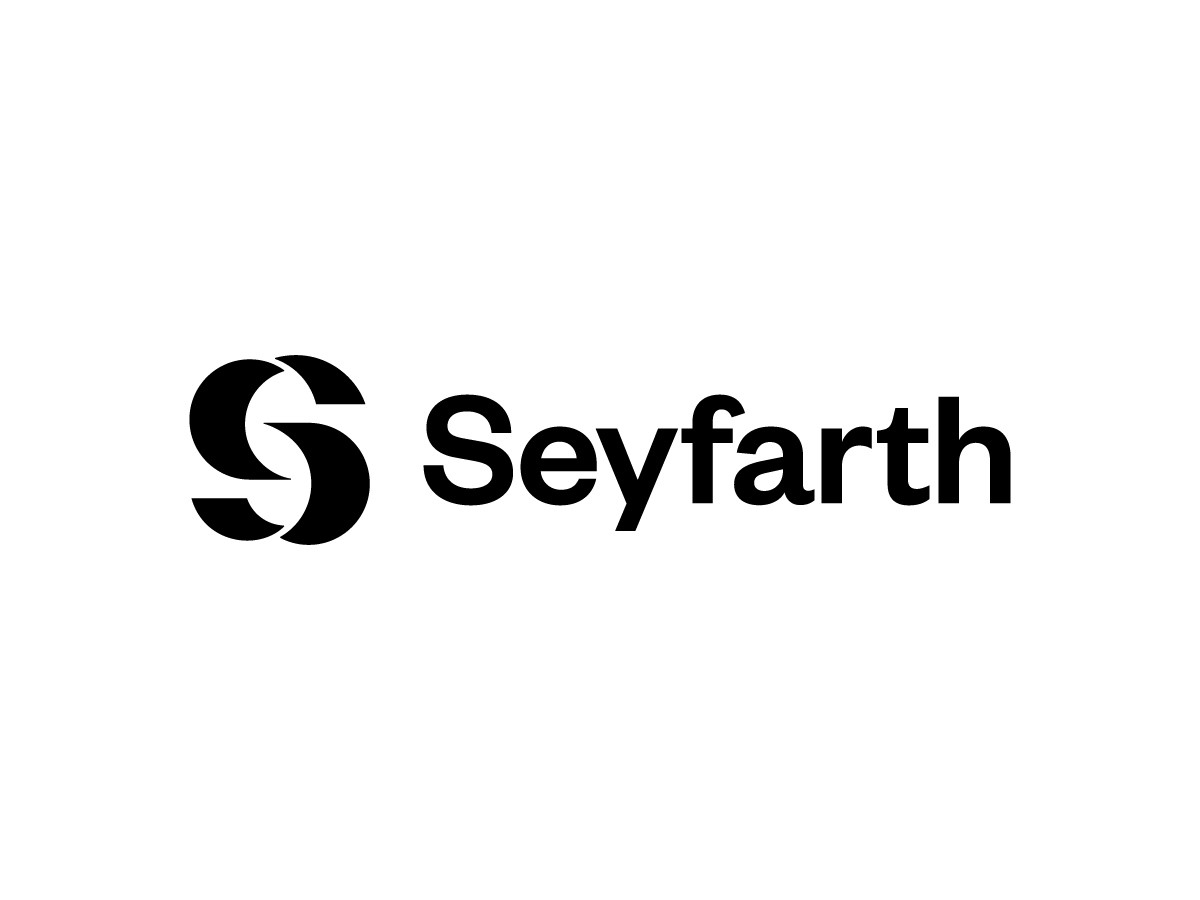A non-fungible token (“NFT”) is a type of financial asset that is made up of digital data stored in a blockchain. Clear as mud, right? The person or entity that owns the NFT records the ownership in the blockchain, which allows NFTs to be sold and traded. NFTs typically are made up of digital files such as photos, videos, and music. This can even expand to internet viral memes, like Disaster Girl, which became an NFT valued at $401,718.00. The market value of the NFT is linked directly to the digital file that it represents. And more critically, each NFT is uniquely identifiable, so in that way, is different from a cryptocurrency which is fungible.
As a result, NFTs and companies that market their sale and trades are becoming more common in the marketplace. And due to the unique aspects of the industry, including the technology that facilitates the sale and trading of NFTs, it is ripe for trade secret protections under the law. On May 16, 2022, NFT wallet company Banq, Inc., filed suit in the United States District Court for the District of Nevada, Case No. 22-cv-00773, against three former high level executives—specifically the Chief Executive Officer, Chief Technology Officer, and the Chief Product Officer—asserting, among other tort claims, violations of the Nevada Uniform Trade Secrets Act (“NUTSA”), which is consistent with both other states that have adopted the Uniform Trade Secrets Act, and the Defend Trade Secrets Act (“DTSA”). The complaint alleges that the executives stole confidential, trade secret information before resigning employment with Banq, Inc. to launch two rival NFT platforms—Fortress NFT and Planet NFT (also named defendants).
The complaint alleges that the defendants “stole not only Banq’s technology, but also significant other value of Banq’s, and used the purloined property to launch Defendants Fortress NFT and Planet NFT using Banq’s assets, employees, trade secrets and proprietary technology, claiming all of it to be their own.” Worse yet, the complaint claims that the defendants engaged in fraudulent activity by trying to cover-up their misconduct, deleting electronic files and records in violation of the Computer Fraud and Abuse Act. Based on the complaint, the majority of the defendants’ misconduct occurred between August and December 2021.
The filing of this case, and its eventual to-be-determined outcome, is significant for several reasons. First, as is well-established, owners of trade secrets must take reasonable efforts to protect the secrecy of their trade secrets—it is a proactive, not a reactive endeavor. A failure to do so can negate the legitimacy of asserting trade secret status in bringing a misappropriation claim. Notably, in the complaint, Banq., Inc. states that “upon information and belief” the former executives signed non-disclosure agreements, and so obviously does not attach any such agreements to its pleading. While this fact alone does not ring the death knell for the plaintiff’s claims, it will be interesting to see how the plaintiff proves up facts to establish trade secret status under the statutory definition of a trade secret. Further, as NFTs continue to develop and join the competitive marketplace, the inherent technological nature of the sale and trade of NFTs will make it imperative for companies to ensure adequate protective measures are taken with respect to their trade secrets, that go well beyond just making employees sign non-disclosure agreements.
See more »
DISCLAIMER: Because of the generality of this update, the information provided herein may not be applicable in all situations and should not be acted upon without specific legal advice based on particular situations.
© Seyfarth Shaw LLP var today = new Date(); var yyyy = today.getFullYear();document.write(yyyy + ” “); | Attorney Advertising
Refine your interests »
This website uses cookies to improve user experience, track anonymous site usage, store authorization tokens and permit sharing on social media networks. By continuing to browse this website you accept the use of cookies. Click here to read more about how we use cookies.
Back to Top
Explore 2022 Readers’ Choice Awards
Copyright © var today = new Date(); var yyyy = today.getFullYear();document.write(yyyy + ” “); JD Supra, LLC

